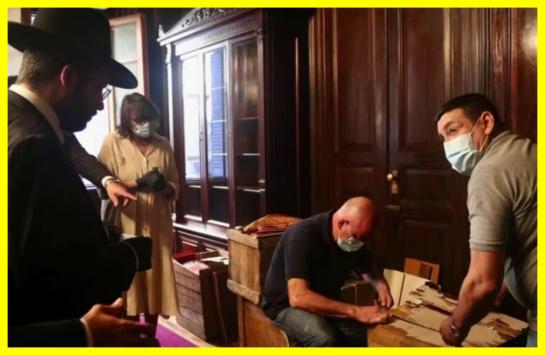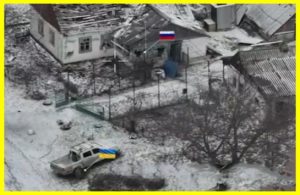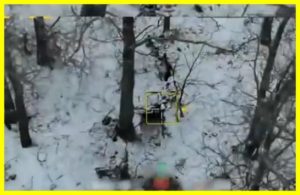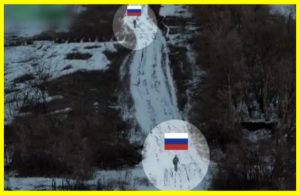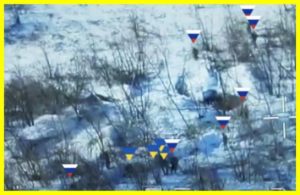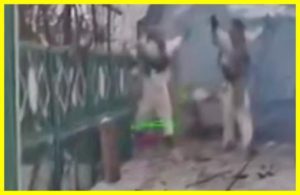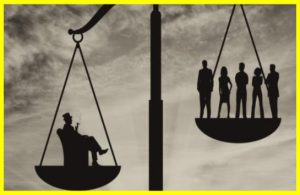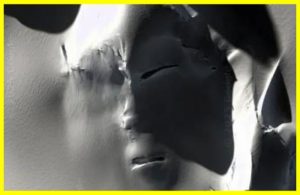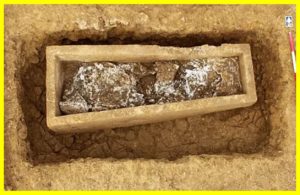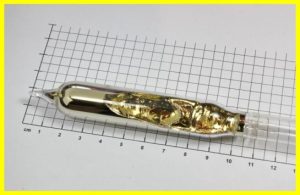Nazi documents found in an Argentine court basement
In the basement of the Supreme Court of Argentina, 83 boxes of Nazi Germany documents have been found, which had been lying there for more than 80 years.
The boxes, disguised as champagne packaging, were found during the relocation of the Supreme Court’s archives.
Among the contents are passports, membership cards, notebooks, photographs, postcards, and Nazi party propaganda material.
According to the court, all of this arrived in Argentina on June 20, 1941, on the Japanese steamship Nan-a-Maru from the Third Reich embassy in Tokyo.
At the time, the German diplomatic mission in Buenos Aires claimed that the cargo contained personal belongings of diplomats. However, customs officers, suspecting something wrong, opened five boxes at random.
Inside were leaflets, photographs, and other materials designed to spread Adolf Hitler’s ideology in Latin America.
Fearing a violation of Argentina’s neutrality in World War II, authorities confiscated the shipment.
A parliamentary commission of Argentine deputies initiated an investigation into the shipment.
In August 1941, it was confirmed that the materials were anti-democratic in nature.
It contained documents of the foreign branches of the Nazi Party and the German Trade Union.
German diplomats demanded the return of the shipment, but in September 1941, a federal judge ordered the boxes seized.
The case went to the Supreme Court. Here the materials remained in the basement, forgotten for decades.
The Chief Justice of the Supreme Court ordered the boxes moved to a secure room and began a thorough examination of them.
Experts from the Holocaust Museum in Buenos Aires, the Association of Jewish Lawyers and the Holocaust Memorial Foundation have been brought in to inventory and analyze them.
Researchers hope the documents will shed light on the Nazis’ international financial ties.
Particular attention is being paid to possible clues about the Nazi regime’s asset routes and its propaganda networks in South America.
The discovery of the boxes is not only a historical event but also a reminder of Argentina’s complex role in World War II.
The country was home to 40,000 Jewish refugees but also harbored Nazi criminals such as Adolf Eichmann and Josef Mengele.
Incidentally, in late April, Argentina declassified documents about Nazis who fled to the country.
The archive, which includes more than 1,850 documents, was made publicly available on the website of the Argentine Cabinet of Ministers.
